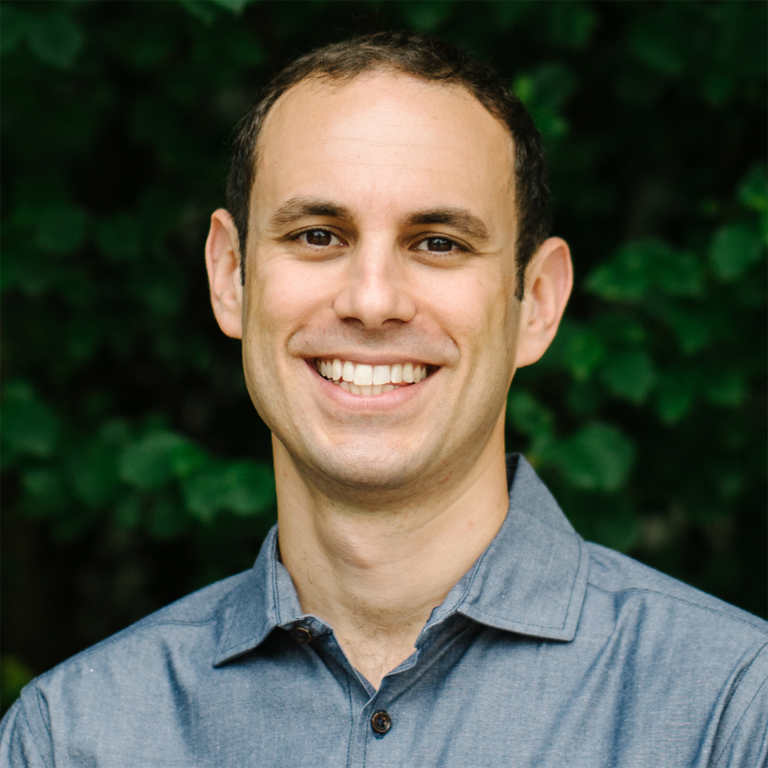Alberto Varon, associate professor of English and director of the Latino Studies Program in the College of Arts of Sciences at Indiana University Bloomington, has been awarded a $215,000 grant by the Mellon Foundation to support a New Directions Fellowship, which are designed to assist faculty members in the humanities and humanistic social sciences who seek to acquire systematic training outside their own areas of special interest. Varon will use the funds to research contemporary Latinx opera, a phenomenon only a decade old but growing rapidly.
“I want to establish contemporary Latinx opera as a narrative and musical form that enables Latinx artists to convey forgotten and misremembered stories of the Americas,” said Varon. “In contrast to traditional opera, contemporary Latinx operas engage with issues such as migration, climate change, and the impacts of colonization, topics central to Latinx cultures and to U.S. history that energizes the form with a sense of political imperative."
Historically, opera as an art form in the U.S. has been primarily accessible to American “high culture,” leaving most Latinx peoples absent from these artistic venues. Varon’s work seeks to address these gaps by explaining how Latinx creators devise strategies to become visible in these spaces and to raise attention to how Latinx peoples navigate issues of race and class in these cultural institutions.
The fellowship will allow Varon to pursue training outside of his field of expertise so that he may connect narrative, musicology, and Latinx studies. This preparation will enable him to participate more fully with opera programs and facilitate deep engagement between opera studies and Latinx musicians and performers. Varon plans to engage in coursework in IU’s Department of Folklore and Ethnomusicology and the Jacobs School of Music. Additionally, the fellowship will enable field research with several opera companies across the country.
“I have researched and written extensively on the history of race formation and citizenship in the United States. This background undergirds my work with the narratives recounted in Latinx opera, but I seek more formalized training to fully explain Latinx opera,” said Varon.
To understand the complexity of Latinx opera as both narrative and sonic construction, Varon will delve into ethnomusicology, musicology, and music theory.
“Alongside salsa, boleros, or reggaeton, Latinx opera is a growing force of Latinx expressive culture, a sign of increasing diversity within 'Latino' and of Latinxs’ complex relationship to art,” said Varon. “The rhythm of our country has changed significantly over the last decade and we now move to a different beat that needs new sounds. Latinx opera revises the story our nation tells about itself and its past.”

 The College of Arts
The College of Arts